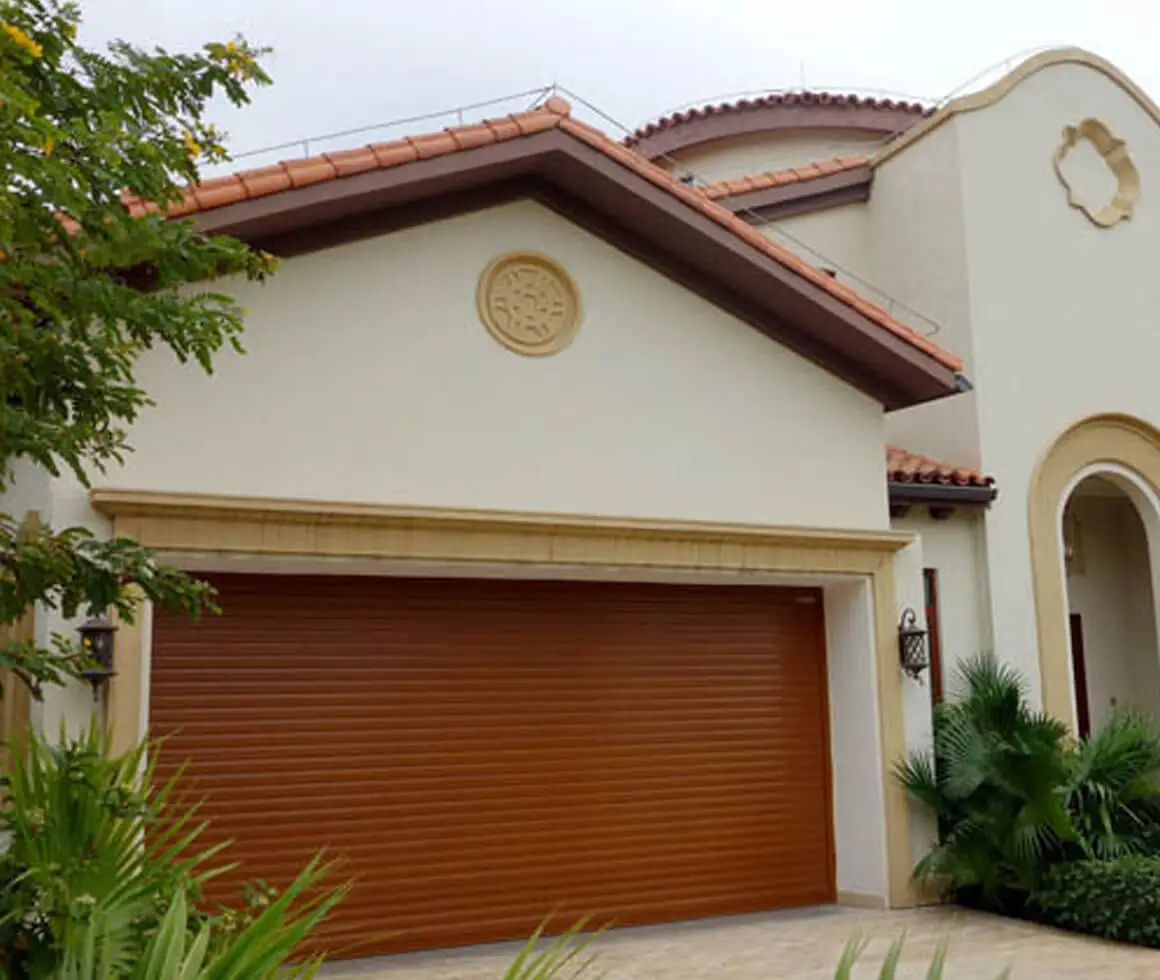
Roller shutter doors are commonly used in commercial and industrial settings. Choosing the right material for industrial roller shutter doors is crucial for ensuring durability, security, and overall functionality. This article will outline the advantages and disadvantages of aluminium, steel, and other materials used for roller shutter doors to help you make an informed choice.
Aluminium roller shutter doors are primarily made from aluminium alloy, which offers several benefits, including being lightweight, aesthetically pleasing, and resistant to corrosion.
Lightweight: The aluminium alloy is relatively light, facilitating easier installation and maintenance.
Aesthetics: Aluminium roller shutter doors have a sleek appearance, making them suitable for modern commercial and industrial environments.
Anti-Corrosion: Aluminium alloy exhibits excellent corrosion resistance and can withstand various harsh conditions.
Lower Strength: Compared to steel roller shutter doors, aluminium doors have lower structural strength.
Higher Price: The high cost of aluminium alloy makes these doors relatively expensive.
Steel roller shutter doors are constructed from high-quality steel, providing advantages in strength and impact resistance.
High Strength: High-quality steel imparts considerable structural strength and wind resistance to steel roller shutter doors.
Impact Resistance: These doors can withstand significant impact, offering enhanced safety and protection.
Affordability: Steel roller shutter doors are generally more cost-effective than aluminium doors.
Heavier: Steel doors are heavier, requiring more resources and manpower for installation and maintenance.
Rusting: Without proper anti-rust treatment, steel doors are prone to rust, which can affect their lifespan.
Apart from aluminium and steel, other materials, such as PVC, are also utilized for roller shutter doors. Each material has its unique characteristics and suitable applications.
PVC Roller Doors:
PVC is lightweight, waterproof, and corrosion-resistant, making it ideal for areas that require waterproofing and dust protection, such as bathrooms and basements. However, PVC has lower strength and is not recommended for high-security applications.
When selecting a material for your roller shutter door, consider factors such as the intended use, security needs, durability, and budget. Here are some guidelines for selection:
Choose Based on Usage: For commercial or industrial applications, steel roller doors are preferable due to their high strength and impact resistance. In contrast, aluminium or PVC doors may be more appropriate for residential or decorative purposes.
Consider Security Needs: If robust security is required, opt for steel roller shutter doors, which provide superior strength and impact resistance.
Assess Durability and Maintenance: Aluminium and PVC roller shutters excel in corrosion resistance, while steel doors necessitate regular treatments to prevent rust.
Evaluate Budget: Aluminium and steel roller shutter doors can be expensive, whereas PVC is a more budget-friendly option.
In summary, selecting the right material for roller shutter doors involves careful consideration of your specific needs. Understanding the advantages and disadvantages of each material, in conjunction with your intended use, security requirements, durability, maintenance needs, and budget, will enable you to make the best choice for your situation.
